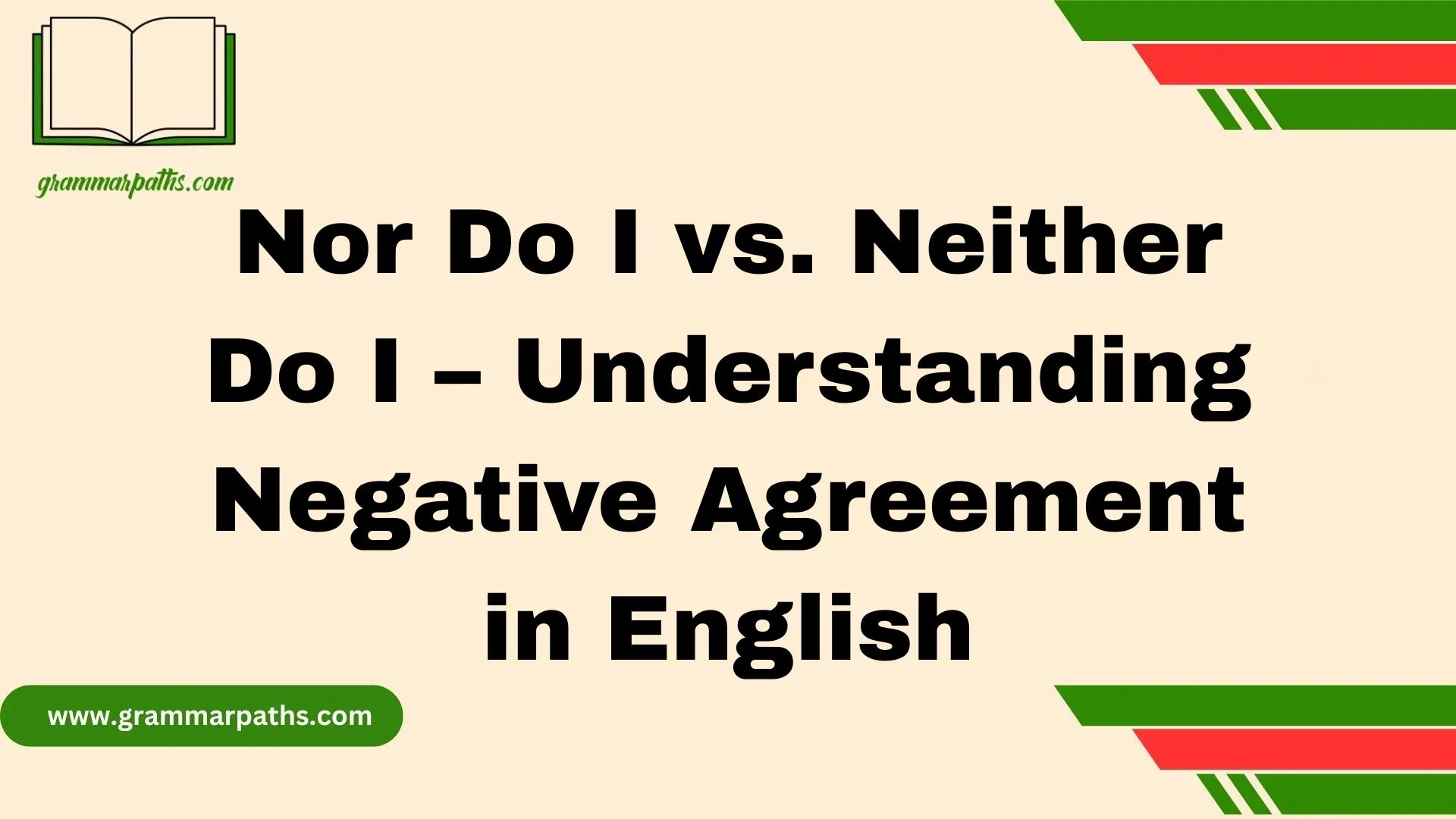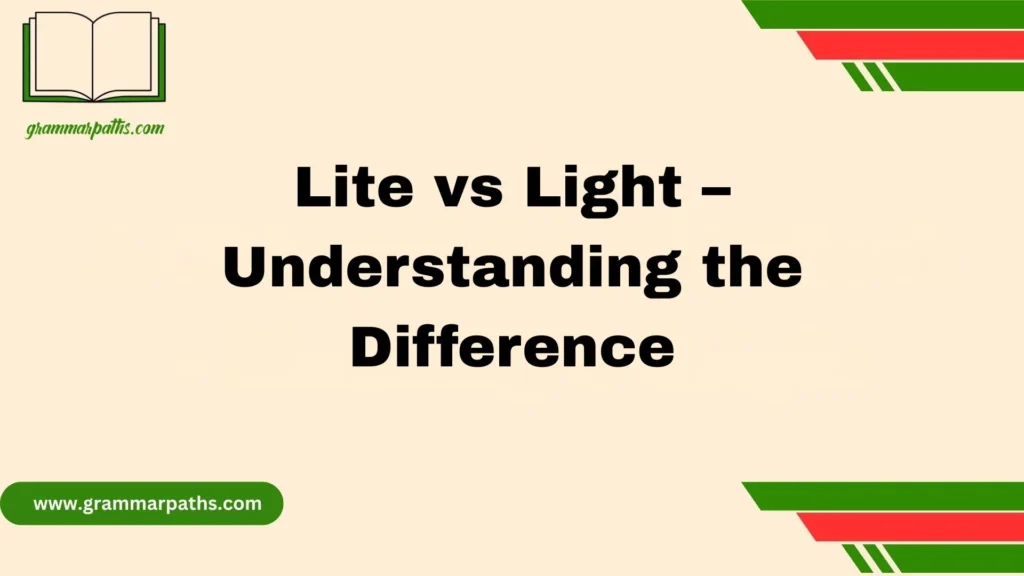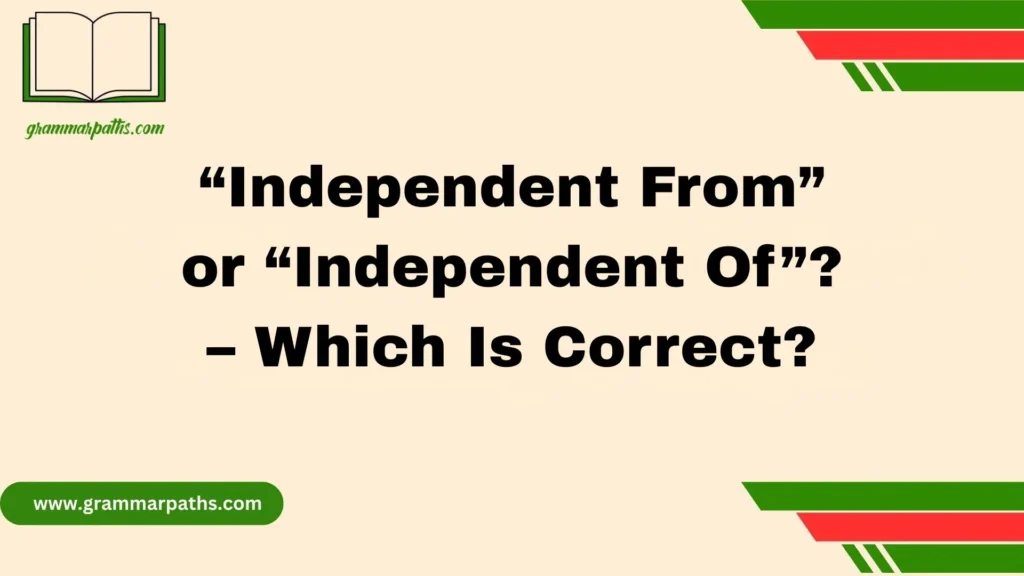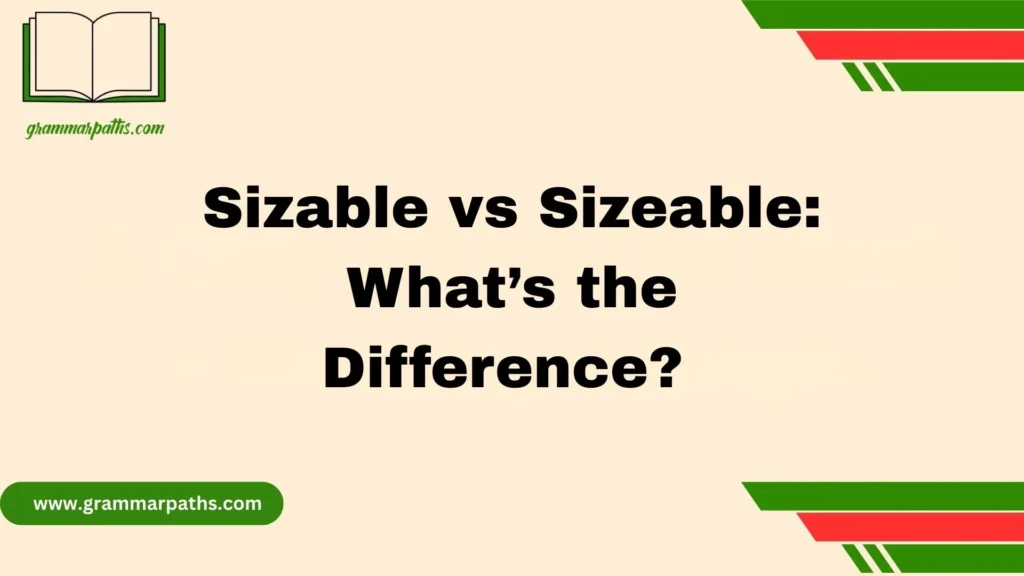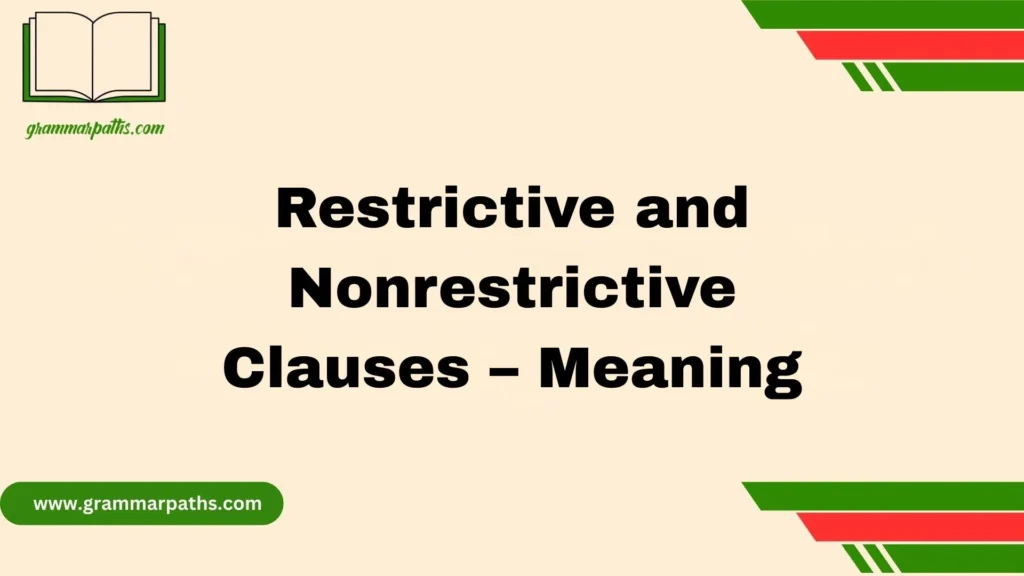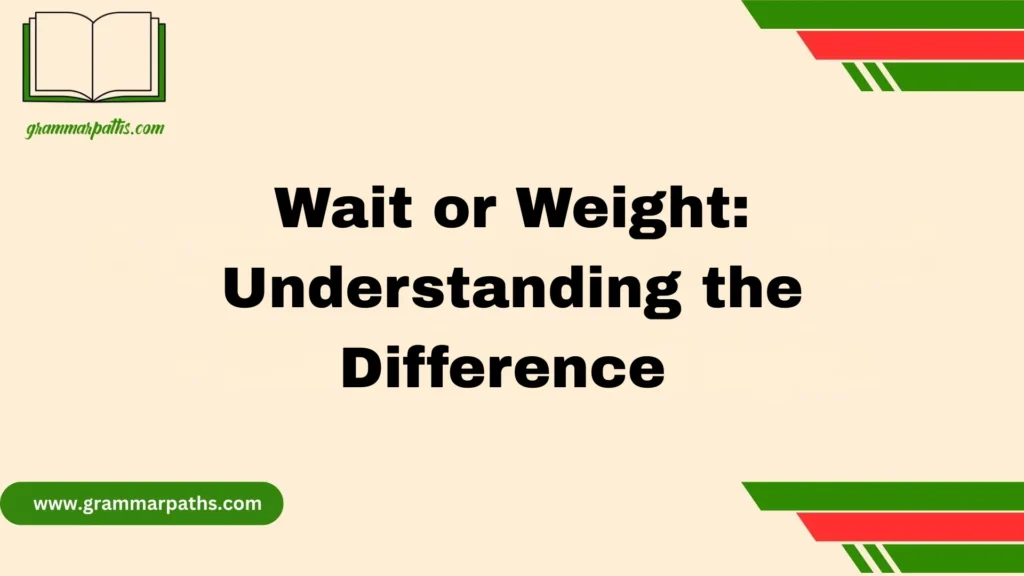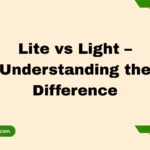When learning English, many students get confused about how to express negative agreement. Two common phrases, “Nor do I” and “Neither do I,” often leave learners wondering if they mean the same thing or if there are important differences. Both expressions are used when you want to agree with a negative statement, but they are used in slightly different ways depending on the context and level of formality.
For example, if someone says, “I don’t like spicy food,” you can respond with “Neither do I” or “Nor do I” to show that you also dislike it. While the meaning is almost identical, “Neither do I” is more common in everyday English conversations, while “Nor do I” tends to sound a little more formal or literary.
Understanding how to use these structures correctly is essential for mastering English grammar and improving your communication skills. Knowing the difference not only makes your speech sound more natural but also helps you avoid awkward or incorrect expressions. In this guide, we will explore the meanings, usage, grammar rules, and examples of “Nor do I” vs. “Neither do I” so you can use them with confidence.
What Is Negative Agreement in English?
Negative agreement happens when one speaker makes a negative statement and another speaker wants to agree with it. Instead of saying “Me too,” we use structures like “Neither do I” or “Nor do I.”
For example:
- Person A: “I don’t enjoy horror movies.”
- Person B: “Neither do I.”
This is different from positive agreement, where you’d say “So do I” or “Me too.” Negative agreement has its own set of rules and preferred expressions.
Why does this matter? Because using the wrong phrase can sound unnatural. For instance, “Me too” after a negative sentence isn’t considered correct in formal English.
The Meaning and Usage of “Nor Do I”
The word nor is a coordinating conjunction used to continue a negative idea. When someone says “Nor do I,” they’re saying: “That statement is negative, and it applies to me too.”
Examples in context:
- “I don’t trust those reviews.” → “Nor do I.”
- “She doesn’t eat meat.” → “Nor do I.”
Formality and Tone
- “Nor do I” sounds formal, traditional, and literary.
- It’s often used in speeches, literature, or carefully written English.
- It is less common in everyday conversations.
Example from literature:
- “I do not approve of his actions, nor do I believe he speaks the truth.”
This kind of structure is powerful in rhetoric or persuasive writing.
The Meaning and Usage of “Neither Do I”
Neither can function as a pronoun or determiner. When we say “Neither do I,” we’re essentially saying “Not I either.”
Examples in context:
- “I don’t like waking up early.” → “Neither do I.”
- “He doesn’t know the answer.” → “Neither do I.”
Informality and Everyday Use
- “Neither do I” is far more common in spoken English.
- It feels natural, conversational, and modern.
- It is the phrase most native speakers reach for without thinking.
Example in daily conversation:
- A: “I can’t stand long meetings.”
- B: “Neither do I.”
Grammatical Structures Compared
| Phrase | Part of Speech | Register | Example Sentence |
| Nor do I | Conjunction + verb + pronoun | Formal, literary | “He doesn’t believe it, nor do I.” |
| Neither do I | Pronoun/determiner + verb + pronoun | Common, conversational | “I don’t like it, neither do I.” |
Breakdown of Each
- Nor do I → Nor (conjunction) + do (auxiliary verb) + I (subject).
- Neither do I → Neither (pronoun) + do (auxiliary verb) + I (subject).
Grammatically, both are correct, but they come from slightly different structures.
“Nor Do I” vs. “Neither Do I” – Are They Interchangeable?
In many cases, you can use either phrase without changing the meaning.
Examples where they are interchangeable:
- A: “I don’t want to go to the party.”
- B: “Nor do I.” OR “Neither do I.”
However, there are subtle differences:
- “Nor do I” → Sounds formal, serious, or literary.
- “Neither do I” → Sounds conversational and natural.
Context Matters: Formality, Tone, and Style
Let’s look at when each fits better.
- Use “Nor do I” when:
- Writing essays, academic texts, or formal letters.
- Speaking in formal debates, lectures, or public speeches.
- Creating a dramatic or traditional effect in writing.
- Use “Neither do I” when:
- Chatting with friends.
- Writing emails, social posts, or everyday texts.
- Engaging in casual or semi-formal situations.
Example in a speech:
- “I do not wish to see division in this community, nor do I believe we should allow hate to thrive.”
Example in daily life:
- “I don’t enjoy driving in traffic.” → “Neither do I.”
Popularity and Usage Trends (Data-Driven Insights)
Language evolves, and usage data shows a clear trend.
- Google Ngram Viewer reveals that “Nor do I” peaked in the 19th century but has steadily declined.
- “Neither do I” has become dominant in the 20th and 21st centuries.
American vs. British English
- In American English, “Neither do I” is overwhelmingly more common.
- In British English, “Nor do I” still appears in literature and formal writing, but even there it’s less common in speech.
Quick Data Snapshot:
| Phrase | Frequency Today | More Common In | Tone |
| Nor do I | Less frequent | UK (formal writing) | Literary, traditional |
| Neither do I | Very frequent | US + UK speech | Conversational |
Practical Examples: Choosing the Right Phrase
Here are real-life dialogues to show usage:
Dialogue 1 (Casual)
- A: “I don’t drink soda.”
- B: “Neither do I.”
Dialogue 2 (Formal)
- A: “I cannot accept this proposal.”
- B: “Nor do I.”
Dialogue 3 (Neutral)
- A: “I don’t agree with that opinion.”
- B: “Neither do I.” (preferred)
Common Mistakes and Misconceptions
- “Nor I” without “do” – incorrect in modern English.
- Using “nor” in casual conversations – it sounds forced.
- Thinking “Neither do I” is informal only – it works in most settings.
- Mixing positive and negative agreement – saying “Me too” after a negative is grammatically wrong.
Quick Reference Guide
| Feature | Nor do I | Neither do I |
| Register | Formal | Conversational |
| Frequency | Rare today | Very common |
| Best for | Writing, speeches | Everyday speech |
| Example | “He doesn’t agree, nor do I.” | “I don’t agree, neither do I.” |
Conclusion
Understanding the difference between “Nor do I” and “Neither do I” is important for clear and natural English communication. Both are used to express negative agreement, but they carry slightly different tones. “Neither do I” is more common in everyday conversations, while “Nor do I” often feels more formal or emphatic. By learning how to use both correctly, you can improve your grammar accuracy, sound more fluent, and adapt your language to different contexts. Remember, practicing these phrases in real-life conversations will help them become second nature.
FAQs
Q1: Do “Nor do I” and “Neither do I” mean the same thing?
Yes, both express negative agreement with a previous statement, but “Neither do I” is more commonly used in everyday speech.
Q2: Which is more formal: “Nor do I” or “Neither do I”?
“Nor do I” is slightly more formal and literary, while “Neither do I” is more conversational.
Q3: Can I use “Me neither” instead of “Neither do I”?
Yes, “Me neither” is very common in informal English, but it is not considered grammatically formal.
Q4: Is it wrong to say “Nor I” without “do”?
Yes, it sounds incomplete. The correct structure is “Nor do I”.
Q5: Which should I use in spoken English?
Most speakers prefer “Neither do I” or “Me neither” in casual conversation.

Emma Brooke is a passionate language expert and contributor at GrammarPaths.com, where she helps learners navigate the complexities of English grammar, idioms, and effective writing. With a strong academic background and years of teaching experience, Emma excels at turning tricky grammar rules into simple, practical lessons that readers can easily grasp.
